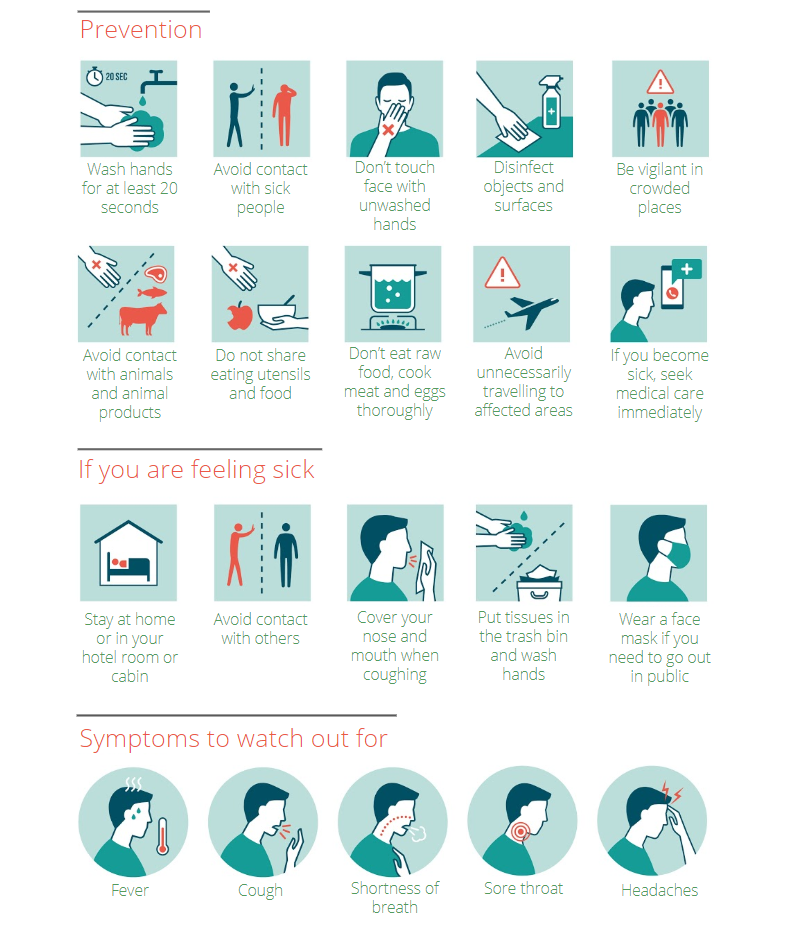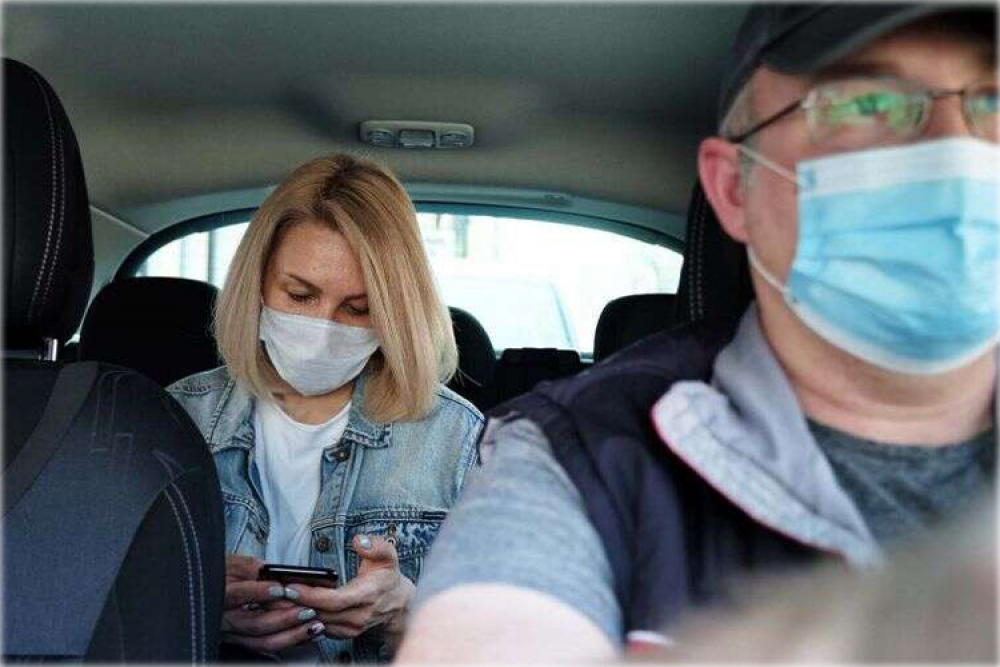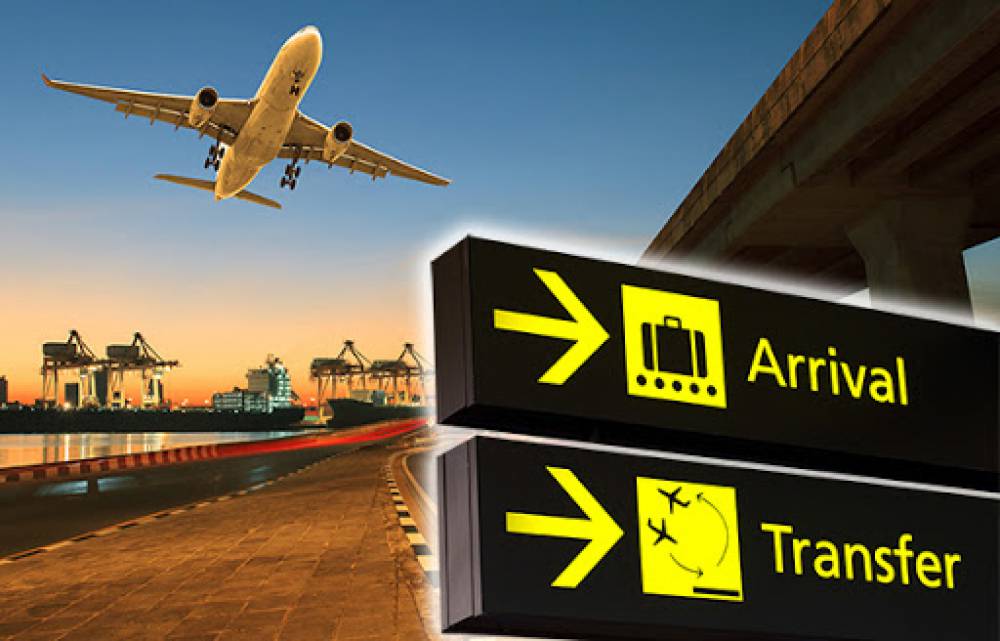How to travel safely ?
COVID-19 is a new strain of the Coronavirus (CoV) not previously identified in humans. This new strain is fueling speculation, misinformation and general unease. When World Health Organization (WHO) declared a public health emergency it sounded dire, but this was done to give the organization access to extra funds to support vulnerable countries and a ‘pandemic’ simply means the virus has spread to a number of other countries.
Preventative advice for the coronavirus is very similar to that for seasonal influenza, so the tips below are great habits to develop overall as a means to avoid catching a number of different viruses while travelling.
 - Avoid close contact with people who are sick.
- Avoid close contact with people who are sick.
- Avoid touching your eyes, nose, and mouth with unwashed hands.
- Avoid eating with your hands.
- Wash your hands often with soap and water for at least 20 seconds, especially after going to the bathroom, before eating, and after blowing your nose, coughing, or sneezing.
- If soap and water are not readily available, use an alcohol-based hand sanitiser that contains 60%–95% alcohol (pack some in your hand luggage).
- Cover your cough or sneeze with a tissue, then throw the tissue in the trash. If a tissue is not readily available, cough or sneeze into your elbow rather than into your hands.
- Clean and disinfect frequently touched objects and surfaces in your hotel room, cabin, or even just around your seat on a plane using a disinfectant wipe.
- Avoid raw, unwashed foods, and prepare your food with regular hygiene practices.
- Avoid travelling if you are sick.
- If you get sick while on a cruise or in a hotel, stay in your room and let the onboard medical centre or hotel staff know immediately if you develop a fever (100.4°F/38°C or higher), begin to feel feverish, or have other symptoms (such as cough, runny nose, shortness of breath, or sore throat).
- If you become unwell while abroad, call your health provider and/or insurance company to discuss what you should do.
- Face masks have not proven especially helpful for individuals that are fit and well with no symptoms. As such, if you decide to use a mask, remember to you should still follow all the recommended precautions above to minimise the risk of infection.
- Face masks do help prevent sick people from spreading the virus, so if you do need to enter public spaces for any reason while sick, the best practice is to use a medical face mask and keep your hands clean and disinfected.
- Finally, don’t get caught up in media sensationalism. Avoid panicking or discriminating against others, and make an effort to keep things in perspective.


 عربى
عربى čeština
čeština Française
Française Deutsche
Deutsche Italiana
Italiana Española
Española русский
русский




